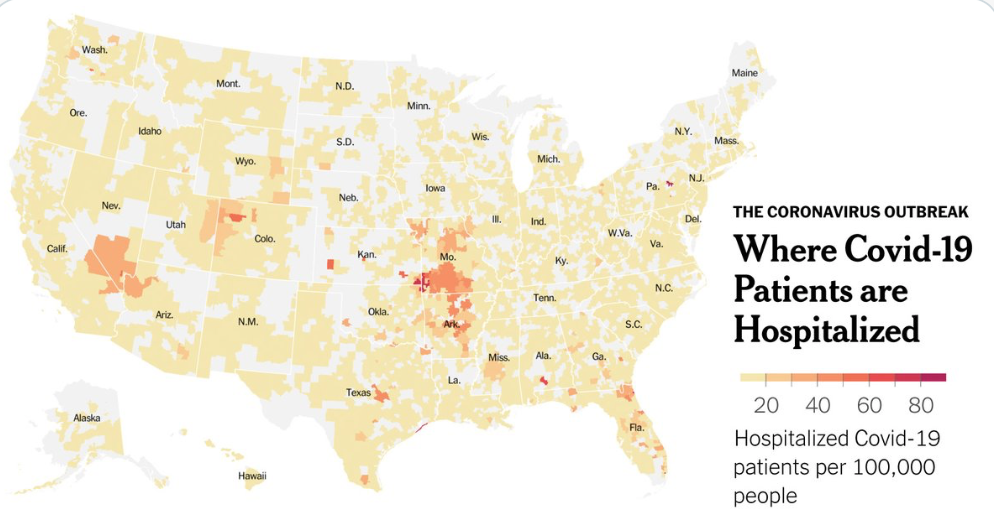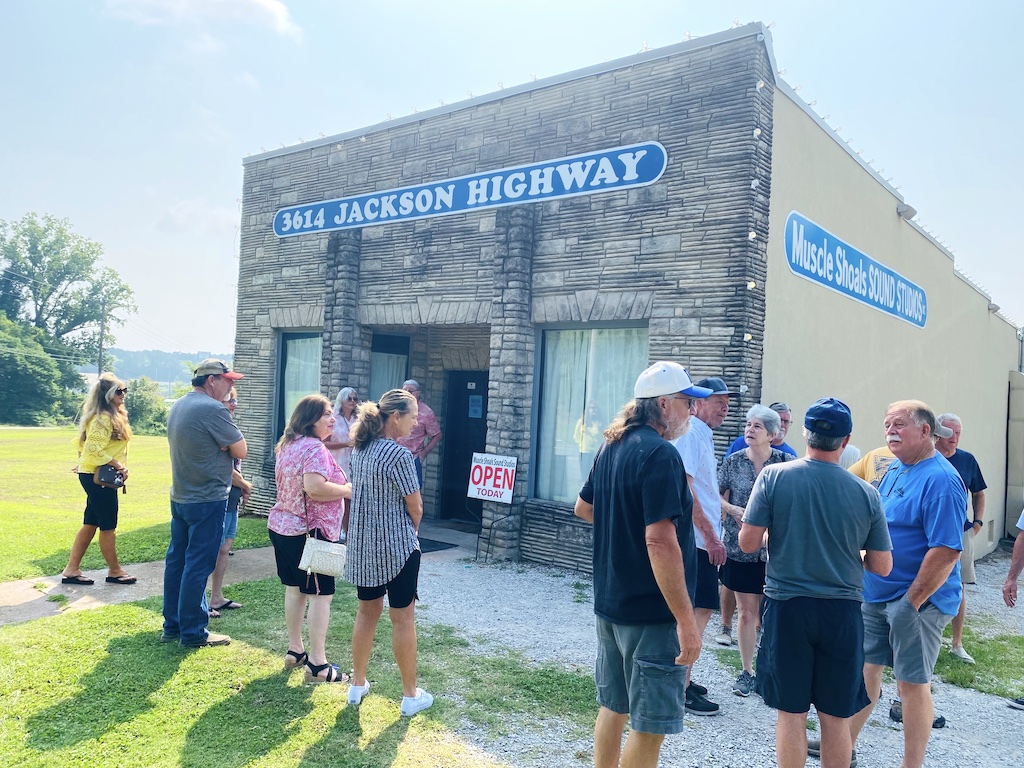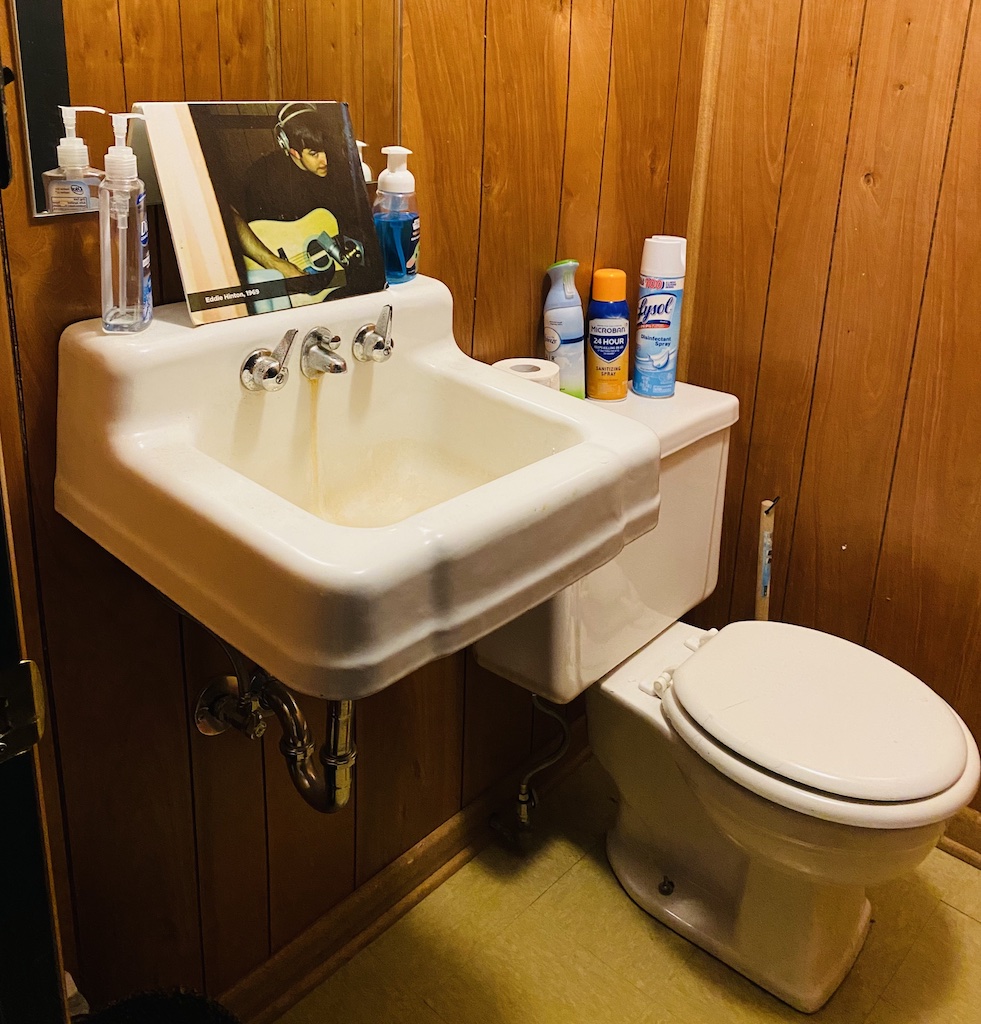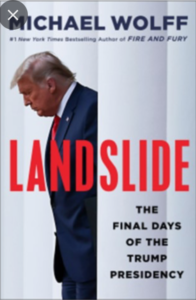“The world you can perceive is a very small world indeed. And it is entirely private. Take it to be a dream and be done with it.”
This bit of wisdom is from I Am That by Sri Nisargadatta Maharaj, a Hindu spiritual teacher who lived in Mumbai. I’ve thought about it a lot over the years. What is “the world I can perceive?” All perception — every experience — is via the five senses, so my world is what I can see, hear, touch, taste and smell. Right here, right now. And it’s constantly changing. So my world is a tiny sphere of sensations that is unique to me. Everything else is conceptual, existing only in my head.
I don’t remember where I read the phrase, “Consciousness creates reality,” but that seems ever more true as I age. If I look closely enough, most of my problems (worries, anxieties, fears) exist outside my tiny reality sphere.





 To say that I “couldn’t put this book down,” is a time-worn cliche. And let’s face it, I can put just about any non-fiction book down. But I read this book in 24 hours which is really fast for me. I picked this book because I like the way Michael Wolff writes. I’ll let others judge his reporting, but the man knows how to tell a story. In Landslide, he comes as close as anyone could to making sense of the chaos and madness of Donald Trump’s final days. This book reads like a thriller (or a horror story).
To say that I “couldn’t put this book down,” is a time-worn cliche. And let’s face it, I can put just about any non-fiction book down. But I read this book in 24 hours which is really fast for me. I picked this book because I like the way Michael Wolff writes. I’ll let others judge his reporting, but the man knows how to tell a story. In Landslide, he comes as close as anyone could to making sense of the chaos and madness of Donald Trump’s final days. This book reads like a thriller (or a horror story).